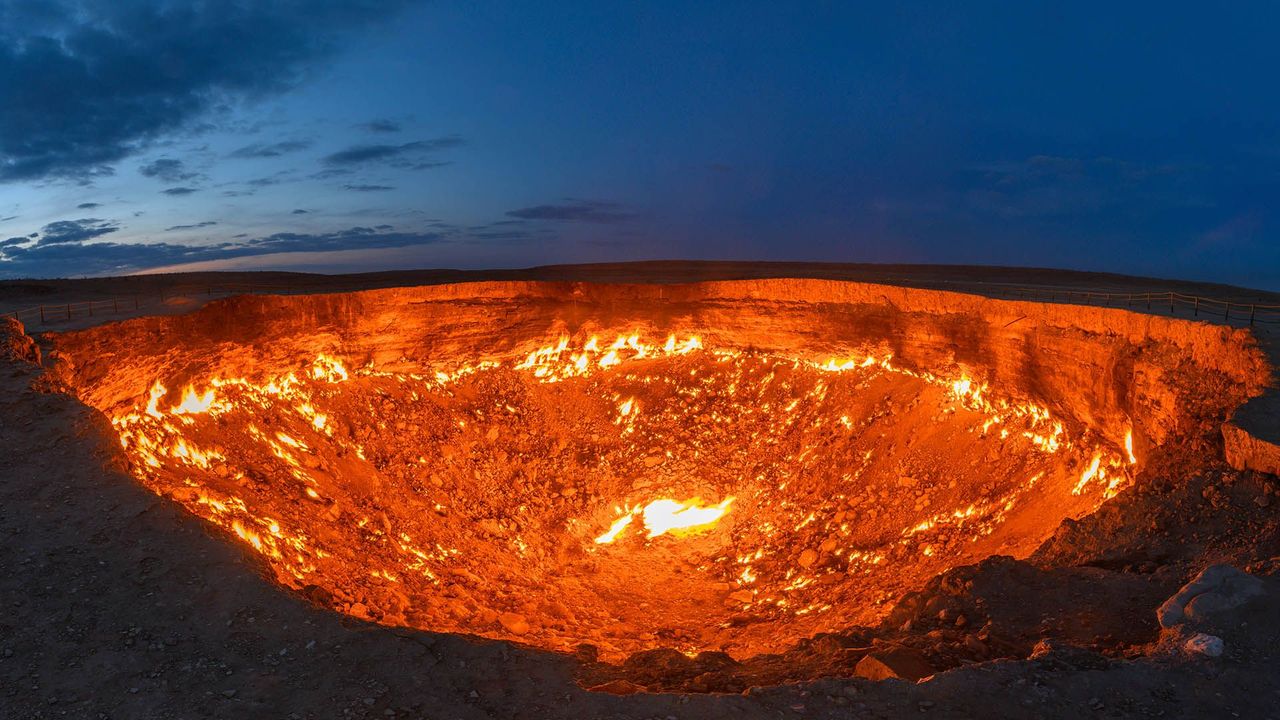Africa, often referred to as the cradle of humanity, is a continent that encapsulates a rich tapestry of history, culture, and natural wonders. While it’s a paradise teeming with diverse landscapes and vibrant communities, the pages of its past reveal a myriad of puzzles waiting to be unraveled. From ancient civilizations and mysterious artifacts to colonial legacies and struggles for independence, navigating Africa’s Secret Passages is a journey through time that challenges our understanding and perception of this enigmatic continent.
Ancient Mysteries:
Africa’s past is dotted with ancient mysteries that continue to captivate historians and archaeologists. The Great Sphinx of Giza, the pyramids of Egypt, and the ruins of Great Zimbabwe are just a few examples of the continent’s architectural wonders that pose questions about the civilizations that crafted them. Unraveling the stories behind these structures provides a glimpse into the sophisticated societies that once thrived, leaving behind a legacy that sparks both awe and curiosity.
Colonial Legacies:
The colonial era left an indelible mark on Africa, shaping its destiny in ways that are still felt today. European powers carved up the continent, leading to artificial borders that often ignored ethnic and cultural divisions. The impact of colonization on African societies, economies, and political structures raises complex questions about identity, sovereignty, and the persistent challenges faced by many nations in the wake of their struggle for independence.
Struggles for Independence:
The mid-20th century witnessed a wave of independence movements across Africa as nations sought to break free from colonial rule. The struggles for independence were marked by inspiring tales of resilience, courage, and the emergence of iconic leaders such as Nelson Mandela, Kwame Nkrumah, and Jomo Kenyatta. Yet, the journey to freedom was fraught with challenges, and the echoes of these struggles continue to reverberate in contemporary African politics and socio-economic landscapes.
Cultural Riches:
Africa’s cultural diversity is one of its most distinctive features. The continent is home to a vast array of ethnic groups, languages, and traditions that contribute to its kaleidoscopic tapestry. Exploring Africa’s cultural riches involves delving into traditional art, music, dance, and storytelling, each revealing unique facets of the continent’s identity. The preservation and celebration of these cultural elements are essential in understanding the depth and resilience of African societies.
Wildlife Wonders:
Beyond human history, Africa’s perilous paradise extends to its wildlife wonders. The continent boasts some of the most diverse and iconic ecosystems, from the Serengeti’s great migration to the lush Okavango Delta. Conservation efforts are crucial in safeguarding Africa’s unique flora and fauna, as poaching, habitat loss, and climate change threaten these natural wonders. Exploring the delicate balance between human development and environmental preservation is a puzzle that requires sustainable solutions for the benefit of both people and wildlife.
Conclusion:
Navigating Africa’s perilous paradise involves engaging with its complex past, filled with puzzles that challenge our perceptions and expand our understanding of this diverse continent. From ancient mysteries to modern-day conservation efforts, each piece of the puzzle contributes to the vibrant mosaic that is Africa.
